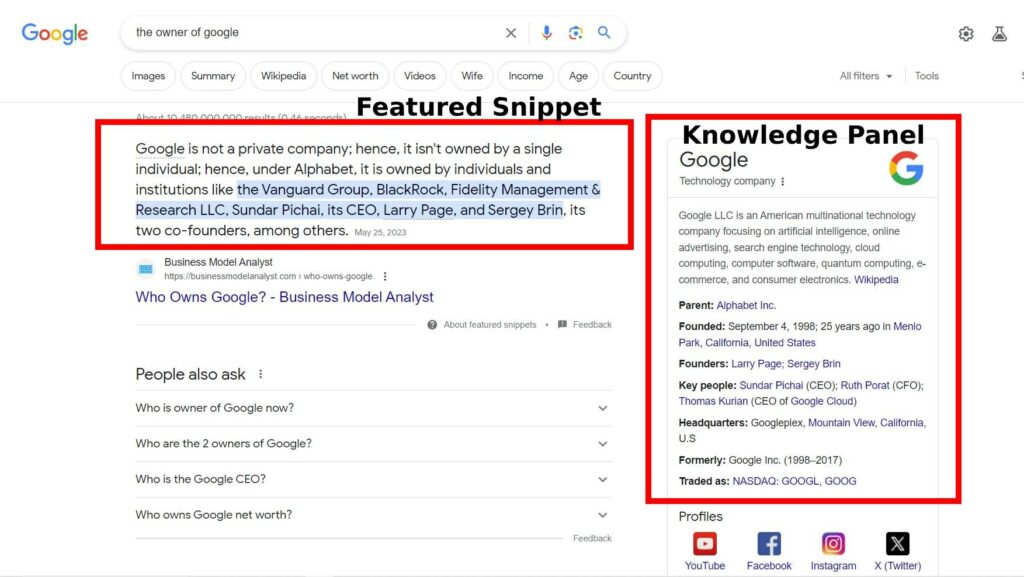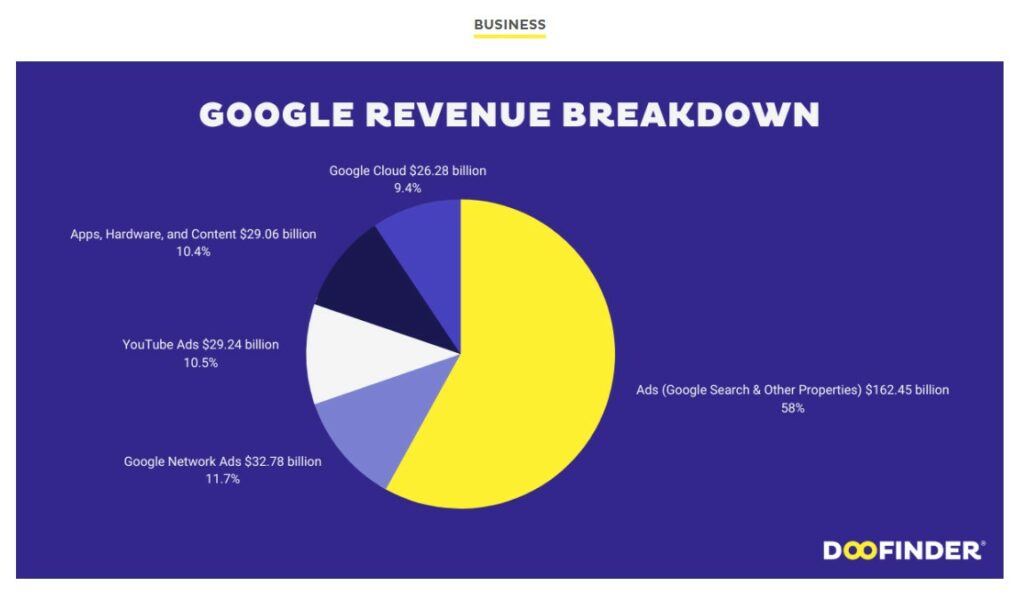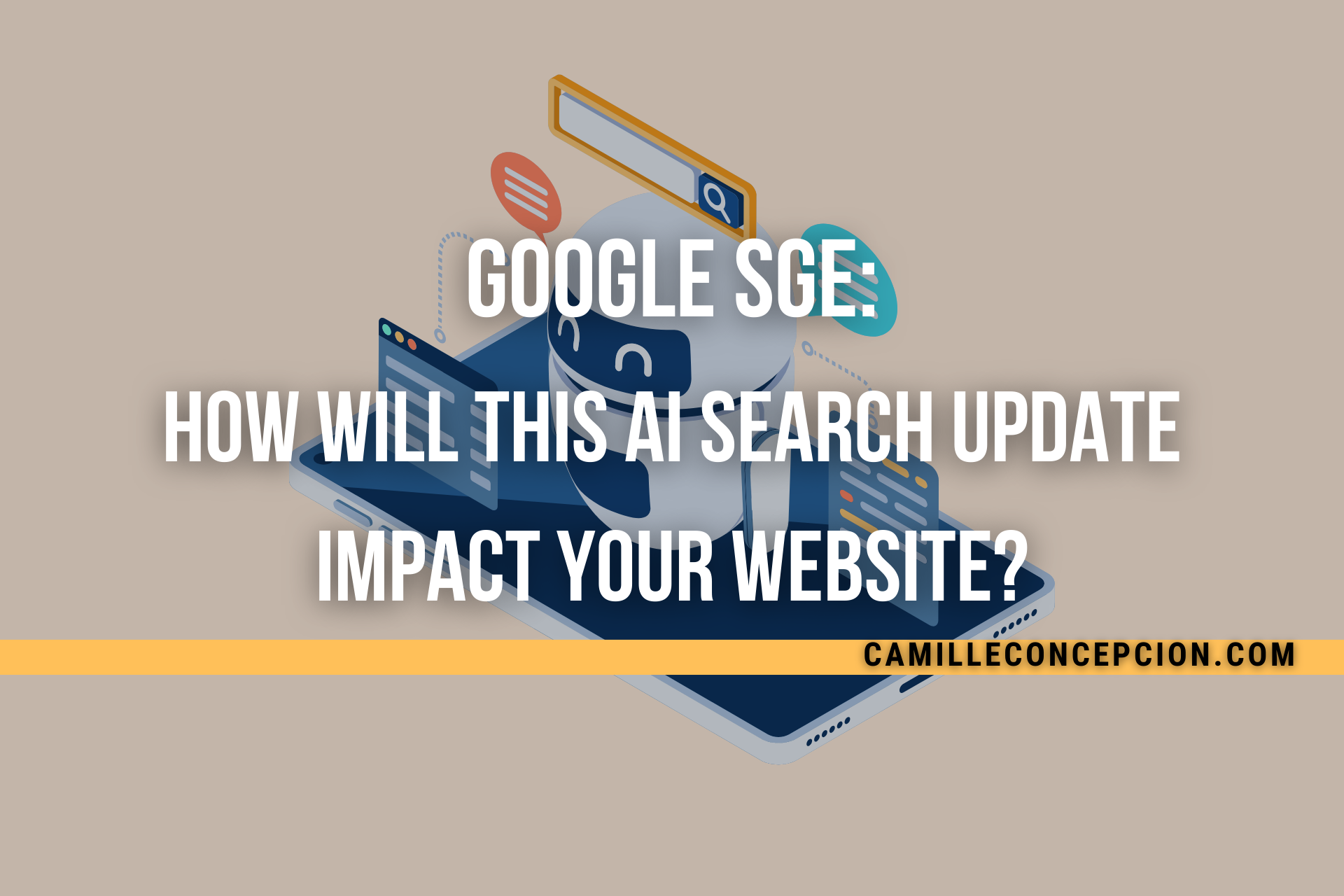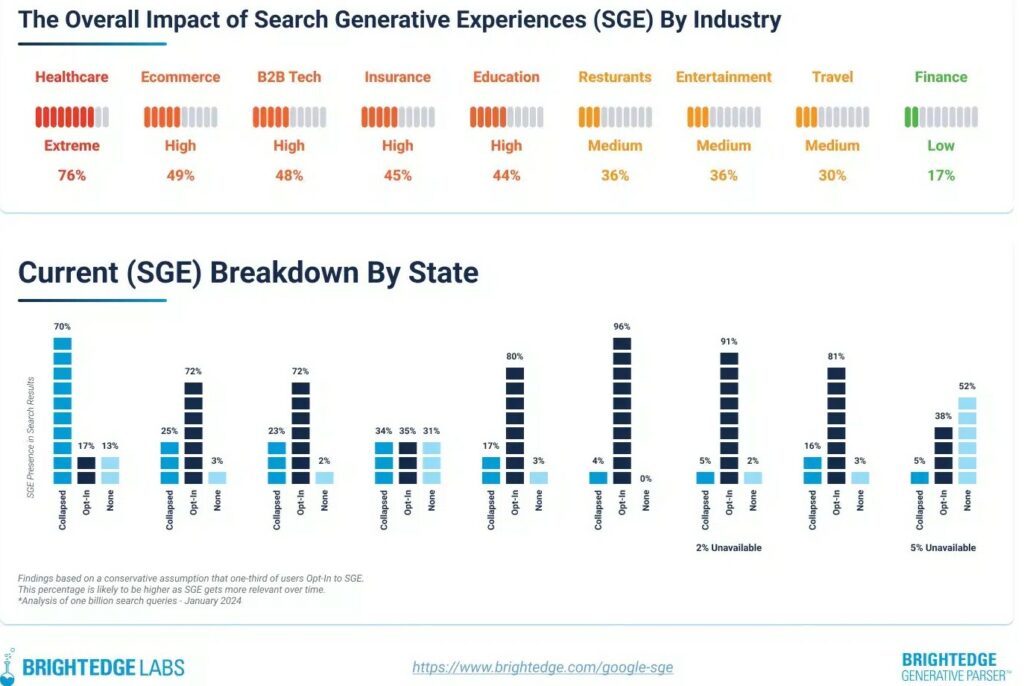Google SGE – How Will This AI Search Update Impact Your Website? [2024]
Artificial intelligence has been changing the way we do digital marketing.
Last year, we saw a new wave of changes like better AI-generated images, more personalized search results, and faster content creation.
One update that caught many people’s attention is Google’s Search Generative Experience or SGE. It brought excitement and concern to marketers, writers, and website owners worldwide.
I read articles and saw videos of SEO experts and content writers giving their opinions. And while most of them are prepared to adapt to this new feature, there are still questions on how it will impact websites and clicks.
For this article, we’ll talk about what Google SGE is, how it works, what we know about it, and how to adapt your strategies to succeed against this new AI search update.
Table of Contents
ToggleWhat is Google SGE

Google Search Generative Experience (SGE) was introduced publicly in late 2023.
It combines generative AI with Google’s extensive data pool to provide answers more like a conversation. It’s placed above the paid and organic search results.
In layman’s terms, generative AI is an artificial intelligence model that can generate new content (text, images, videos, etc.) based on the data it’s fed.
With Google SGE, you can ask simple to complex questions and receive more natural and intuitive answers.
It’s created to improve user experience and lengthen your stay on the search results page. So, you don’t have to click on any links and leave Google to feed your curiosity or do shallow research.
Google SGE has significantly impacted various industries, including healthcare, eCommerce, B2B tech, insurance, and education.
How Does Google SGE Works
Google SGE will only be available once you activate it from Labs.

Then, when you start your search, you’ll see the answers it generates above the fold.
SGE provides a personalized summary crafted by AI. You can get a quick understanding of your topic with essential points and clickable snippets on the side if you want more information.
For instance, if you type “what’s the best birthday gift for a special person,” Google SGE generative AI might provide you with this:

If you look closely, you’ll notice the tone of voice is more conversational. It’s achieved through natural language processing and machine learning algorithms, allowing AI to understand and mimic human language patterns.
Then, at the end of the summary, you’ll see some suggested follow-up questions and a box where you can type your own.
Beyond just providing texts, Google is working on image generation. It only works in the US for now, and they are very strict regarding using harmful or problematic content.
These are just the mentioned features, but we will surely see more in the following months and years.
Will SGE Kill Paid and Organic Traffic
As a Google search user, this new feature looked promising! Who doesn’t want to get answers without reading a whole article about it?
However, my content writer side started worrying about its potential impact on site traffic.
“Should I stop creating articles because there’s no chance for good traffic anymore?”
“Should I change career now?”
If you’re in the same position as me, you might have thought the same.
But you see, even before SGE was introduced, Google had already made some changes that affected website traffic. For example, featured snippets and knowledge panels have shifted how search results are displayed.

Although the impact of SGE on traffic is yet to be fully understood (as Google is still changing and improving the feature), there is already little data showing how largely it can affect websites.
Search Engine Journal conducted a study of 23 websites in the tech industry and found that some of the site’s traffic dropped by up to 64%.
But in the same study, they also saw some pages gaining as much as 219% traffic.
This means that while Google SGE may significantly impact organic search and content marketing, it doesn’t necessarily spell doom for traditional SEO and content marketing.
Moreover, Google gets most of its revenue from Ads and Google Network Ads. These refer to the hand-picked ads shown on Google search results and websites that are part of the Google Network.

This means that Google is still interested in maintaining a healthy organic search, paid search, and content marketing ecosystem.
Therefore, instead of giving up on creating articles and working on your website, double your efforts and focus on the steps I’ll discuss.
How to Prepare for Google SGE
1. Take Advantage of Your Human Experience
Commodity content has become super common on the internet. This refers to articles that lack uniqueness and transformative value, making them easily replaceable by similar content from other sources.
You must focus on injecting your perspective and personality into your content to make it stand out.
Your human experiences, insights, and stories can’t be replicated by AI, including Google SGE. This uniqueness becomes your competitive edge.
Creating content that resonates personally with your audience is essential, offering them something they can’t get from AI-generated summaries.
2. Develop High-Quality, In-Depth Content
Deep dive into topics and offer comprehensive insights beyond the surface level.
Google SGE might provide quick answers, but there’s always a demand for in-depth analysis, how-to guides, case studies, and expert opinions that offer substantial value.
Such content encourages visitors to spend more time on your site and share.
It will also help if you write SEO-friendly blog posts to increase your chances of showing up to the right audience and searches.
3. Optimize for Featured Snippets and Voice Search
Since Google SGE displays answers above traditional search results, optimizing your content for featured snippets becomes even more crucial.
Structuring your content to answer questions directly can increase the chances of being picked for a snippet.
Additionally, with the rise of voice search, optimizing your content for conversational queries can help you capture traffic from users who use voice assistants for search.
Monitor Your Performance and Adapt
Keep a close eye on your website’s performance metrics and how they change over time. Use tools like Google Search Console to track how your content is performing in terms of traffic, engagement, and conversions.
Be prepared to adapt your strategies based on what the data tells you.
Testing different approaches and continuously optimizing your content and SEO strategies will be key to staying ahead.
Conclusion
While it’s true that AI is already a permanent part of the digital space, it’s also clear that there’s still a significant role for human creativity and expertise.
Google SGE, despite its advanced capabilities, cannot replace your human experience, ideas, and insights. It can only go as far without the depth and creativity of real people.
Use it as an opportunity to differentiate your content and your brand in the crowded digital marketplace.



Leave a Reply